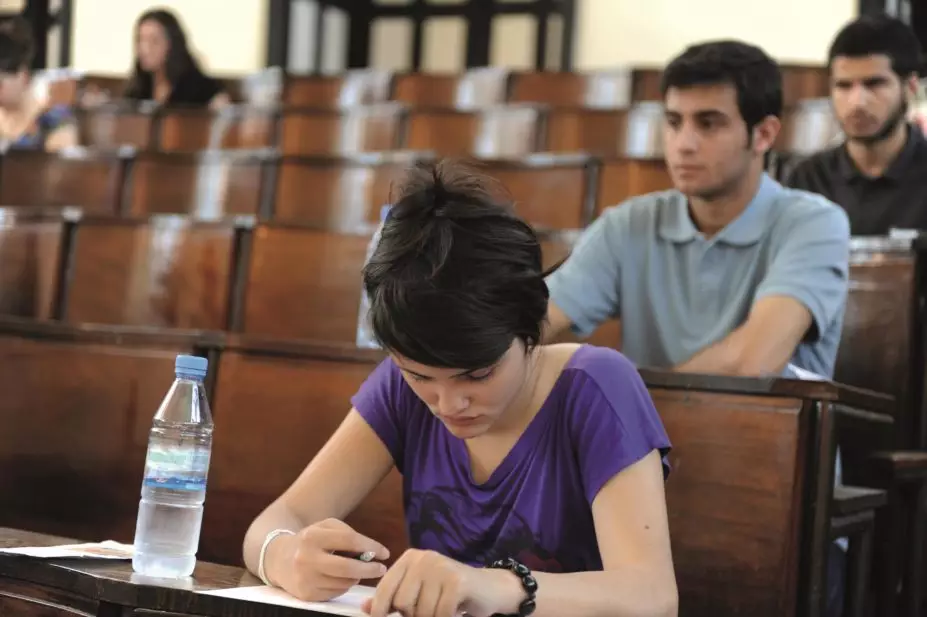
Shutterstock.com
Infusion rates, dose rounding and applying situations to patients were three areas where preregistration trainee pharmacists performed less well in the General Pharmaceutical Council’s (GPhC’s) June 2017 registration assessment, according to feedback released by the Board of Assessors.
In its feedback, which is aimed at preregistration pharmacists, tutors and anyone involved in pharmacy education and training, the board — the independent body that sets and moderates the registration assessment — highlighted that in part one of the assessment, some candidates gave answers that were implausible. In one example given, a candidate suggested a dose of 403mg every 12 hours for a patient when the medicine is available as a 400mg tablet.
The board recommended that candidates consider whether their answer is realistic and practical and that they have given it in the units requested before submitting.
In part two of the assessment, candidates were found to perform less well in questions testing the differences between an adverse drug reaction and an allergy, particularly when choosing the most appropriate antibiotic; decision making when a patient presents with symptoms in a pharmacy; the most appropriate analgesia to offer a patient; the appropriate use of corticosteroids; and the management of cardiovascular risk.
Other missed marks came from candidates who did not fill in the answer sheets clearly or follow instructions for how numbers should be entered.
Finally, the Board said that candidates are expected to be familiar with the structure of resources commonly used in practice, such as Summaries of Product Characteristics (SPCs) and the British National Formulary (BNF), so that they are able to extract the requirement information quickly and efficiently during the assessment.
On the back of the assessment, feedback from the British Pharmaceutical Students’ Association (BPSA) presented the GPhC with 19 recommendations based on comments collated from pre-registration trainees who sat the June 2017 exam. The BPSA received more than 500 complaints from students who said that the exam was not a true or accurate reflection of real practice or the practice of newly qualified pharmacists.


